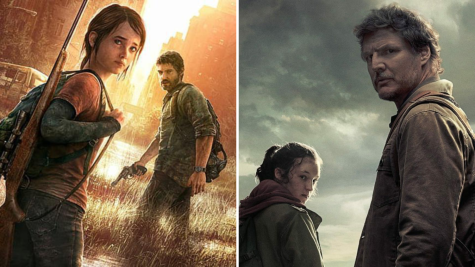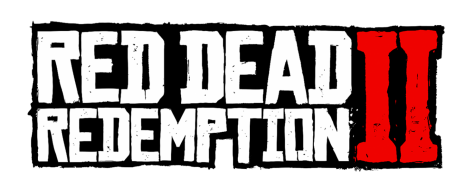Undertale is a game of charming imagination
Undertale is a refreshingly retro PC game that is both charming and challenging.
December 18, 2015
“Genius” is a term that seems to get thrown around quite often—the integrity of the word being lost in the imprudence of common vernacular.
That being said, Undertale is a PC role-playing video game (RPG) crafted with heartfelt imagination and innovation by developer tobyfox that utterly destroys the barrier separating the player from the world behind the screen, challenging players to widen their perspective on empathy in relation to fictional characters, and to rethink what it means to really play a game.
In other words: genius.
The story of Undertale is deceptively simple and enticingly retro. You play as a human child that has fallen into a mysterious cave, and you must journey back to the surface.
The setting—appropriately named the Underground—is a vast subterranean landscape littered with puzzles and traps. It is inhabited by a species simply known as Monsters, strange creatures banished from the surface world, whose demeanors range from menacing to harmless, or sometimes even lovable.
Basically, you could come across anything from an evil cackling vegetable to something akin to a walking, talking space heater that just wants to give you a hug.
Undertale defies deep-seated ideas and concepts of traditional RPGs: encounter an enemy; battle the enemy; heal when damaged; kill the enemy.
In this game, all of the Monsters that the player can encounter can be spared without harming them at all. Furthermore, the game compels players to pay less attention to statistics such as experience points (EXP), health, and attack/defense rates, and more to strategizing on how to deal with Monsters in a pacifistic manner.
While fighting is a lesser aspect of the game—bear in mind that the game can still be played violently, albeit this is a less desirable method of gameplay—the mechanics of the game still revolve around a system of combat. However, it has less to do with combat and more with real-time strategy.

Players are encouraged to interact with Monsters peacefully, but they don’t have to do so.
Encounters with Monsters are turn-based, and are accompanied by mini-games designed to keep you focused and on your toes. You are given a limited amount of space to maneuver in, and are represented by a small red heart referred to in-game as your soul. The goal is to dodge the enemy’s “bullets” and remain alive long enough to determine the appropriate way to spare them.
Some Monsters are simple to spare—throw them a compliment and they will leave peacefully. Others warrant more complex strategies.
This style of gameplay arises from an emphasis on dialogue and character building. Most of the Monsters can be spared in humorous ways, and the game actively rewards you for showing compassion and patience in your approach to different conflicts.
On average, Undertale only lasts around six hours, but every moment is magical and brimming with pure feeling and sincere storytelling that seems to have gone missing from many big-name games.
It is less about playing a game and more about experiencing a rich world spread out before you. Every facet of Undertale is overflowing with creativity and wonderment—from its gameplay to its characters, and especially its music.
Each region and Monster encounter is accompanied by a delightful piece of music, lovingly inspired by traditional chiptune music of the 8-bit era of gaming. The soundtrack infuses retro nostalgia and more modern styles such as orchestral, jazz, and, in the case of some songs, even metal.
The score lends itself incredibly well to building the atmosphere and emotional foundation of the game—it enables the mood to shift from relaxing to dread-inducing in the blink of an eye.
Every aspect of the game—what music plays where, the dialogue, and the way Monsters will treat the human—is directly influenced by the choices made by you, which allows for there to be many branching paths in the story. You can play it several times and end up with a different outcome each time.
And while the game will reward you for showing compassion, so too it will punish you if you choose to show no mercy and take a more violent path.
The best thing you can do is to go and play it yourself, or at least give the demo a glance. It is one of the most innovative and genuinely imaginative RPGs to be released in a very long time.














